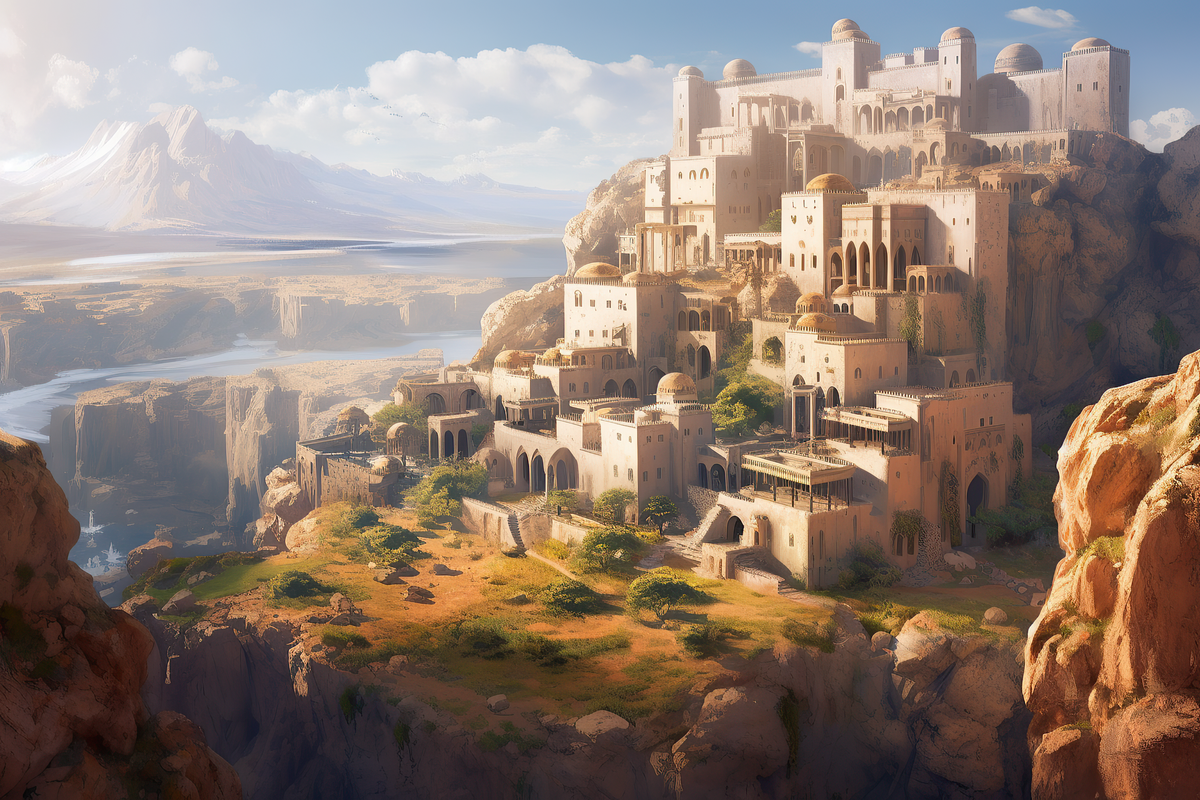A Timeline of Algeria
A broad timeline of Algeria from prehistoric to present day.

Prehistoric Era (200,000 BC to 2000 BC):
The region that is now Algeria was inhabited by early hominids, as evidenced by the discovery of Aïn el Hanech, one of the earliest known Oldowan stone tool assemblages. During the Neolithic period, the Capsian culture thrived in the area.
Phoenician and Roman Period (900 BC to 429 AD):
The Phoenicians established trading posts along the coast, including the city of Carthage. The area later became part of the Roman Empire, with the city of Timgad being a notable Roman town.
Vandal and Byzantine Rule (429 AD to 647 AD):
After the fall of the Western Roman Empire, the Vandals and then the Byzantines ruled the region. Despite the foreign rule, local Berber kingdoms managed to retain a degree of autonomy.
Islamic and Ottoman Rule (647 AD to 1830 AD):
The region was conquered by the Umayyad Caliphate, introducing Islam and the Arabic language. After a period of rule by local dynasties, the region came under the control of the Ottoman Empire. Algiers became a major center of Mediterranean trade and piracy during this period.
French Colonization (1830 AD to 1962 AD):
Algeria was colonized by France, with the native population facing significant discrimination and dispossession. However, the period also saw a fusion of French and Algerian culture, which can be seen in the literature, cuisine, and architecture of the country.
Independence and Post-Colonial Period (1962 AD to Present):
After a brutal war of independence that lasted from 1954 to 1962, Algeria gained its independence from France on July 5, 1962. The country has since developed a unique identity that melds Berber, Arab, and French influences. In 1980, the Berber Spring represented a significant cultural and political awakening of the Berber identity and language.
Modern Era:
Algeria is now the largest country in Africa and the Arab world, and a significant regional power. The country has made strides in education and healthcare, and has a rich cultural scene with several UNESCO World Heritage Sites, including the Roman ruins at Timgad and Djémila, and the Casbah of Algiers.





